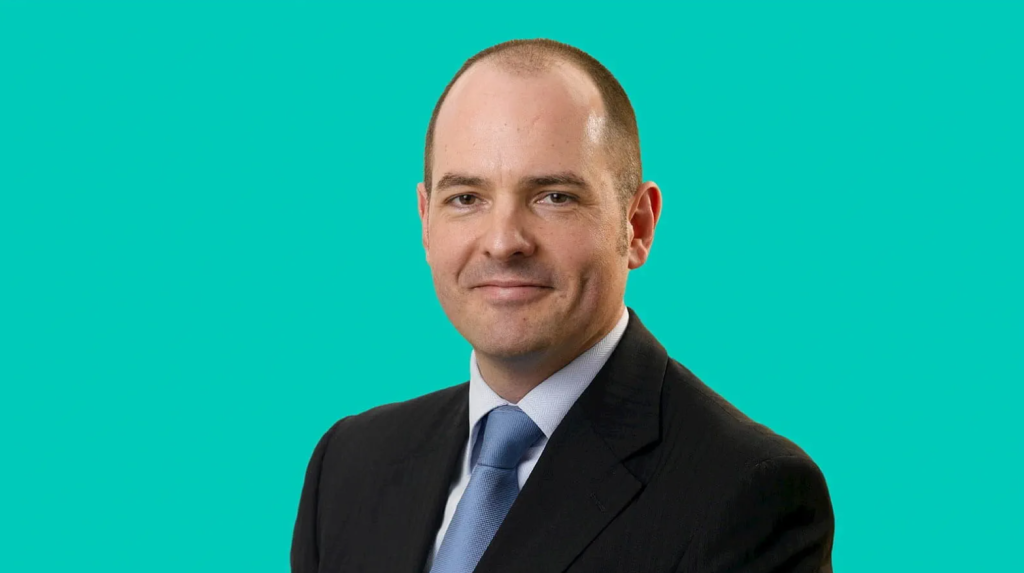Some might be familiar with the acronym NAMBI, standing for “Not Against My Business or Industry”. This is, so to say, the Leitmotiv of all CEOs of networks and associations of professional firms, to be repeated globally and at EU institutional level, with regulators, stakeholders, academia, clients, clusters and any other influential groups. Another notable acronym is NIMBY, standing for “Not In My Back Yard”. This is the internal reality CEOs of associations and networks are confronted with when it comes to territorial exclusivities.
When a potential member firm starts to look for a network or association, they look for international coverage. What is the point in joining a network consisting of just three members? Clients will not be impressed and the helpful aspect of an international professional organisation only makes sense when there are at least some 50 members. Some are inclined to say that the more members the better, as it increases not only coverage but also the probability of receiving a referral. And here comes the NIMBY-approach: all members want to see growth, more members, more referrals – but positively not in their back yard!
Most of the larger organisations no longer allow for country exclusivities these days. Currently, there are 193 sovereign nations in the world, the latest addition being South Sudan. In reality, there are some with very little exposure to a variety of professional firms. For example, the Vatican State, albeit sovereign, does not have any accounting firms within its territory. On the other hand, it is hard to imagine the US with just one single member firm for each network and association? Consequently, organisations of professional firms grow with a multitude of members and ensure there is global coverage in the major business centres and beyond them. What about large metropolitan areas? Switzerland, a small country with 8 million inhabitants, can accommodate a good number of member firms, but what about New York or London? Should exclusivity be limited when it comes to a city? Or to a specific number of inhabitants? Whilst there are no clear guidelines, commercial reality governs most organisations. No network or association would like to annoy a good member for another good member of the same or a smaller size. But what if the potential new firm was a better one? What if all of a sudden there is a better, more reputable, more professional and altogether more charming firm knocking at the door? The fiduciary duties of a CEO would imply that she or he makes best effort to strive for the better, provided no valid contractual relationship is jeopardised. For all other firms in the organisation, a better firm is a gain, but what about the current member firm in the same city or jurisdiction? Does the fact that all other firms deserve a better new colleague justify a “betrayal”?
Memberships are not made for eternity; there will always be members who decide to leave their networks and associations. The reasons for that are manifold: some want to be in a network rather than in an association; some want to be in an association rather than in a network; some want to save money, some are willing to pay more… Whatever it is, it seems that our industry is in a constant state of flux. Mergers take place, partners leave and set up new firms, they merge, join, leave again – it is the same old story everywhere. And over and over, the NIMBY-issue comes up.
Ultimately, CEOs of networks and associations will make every effort to ensure their organisations continue to grow. Growth means coverage and prosperity. No firm wants to join an entity that has had no growth for the last ten years. The price of joining a dynamic organisation is that members need to continue to keep an eye on their back yard – or just accept that sharing the cake with one fellow member in the same town is a very modest cost for having hundreds of potential referral partners all over the world. Still, this is never easy to explain.
I remember having had a discussion with a potential member firm a few years ago who wanted to be the only member in a huge country, which of course we declined. I suggested that they establish their own network with themselves as the only member worldwide; this would surely ensure a global exclusivity… At that time, I wasn’t aware of the expression NAMBI; it would have been, for me, the right moment to mention it.
How well do you really know your competitors?
Access the most comprehensive Company Profiles on the market, powered by GlobalData. Save hours of research. Gain competitive edge.

Thank you!
Your download email will arrive shortly
Not ready to buy yet? Download a free sample
We are confident about the unique quality of our Company Profiles. However, we want you to make the most beneficial decision for your business, so we offer a free sample that you can download by submitting the below form
By GlobalDataBy Michael Reiss von Filski, global CEO of Geneva Group International (GGI)





